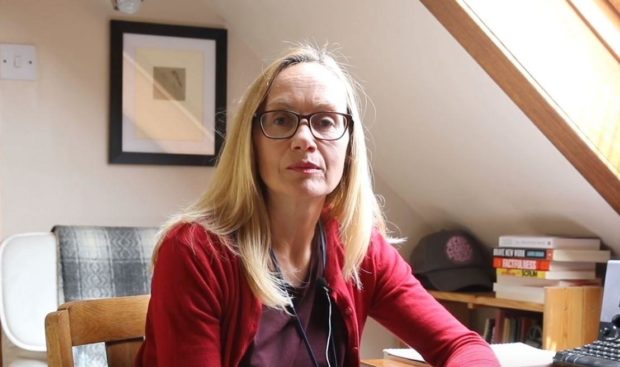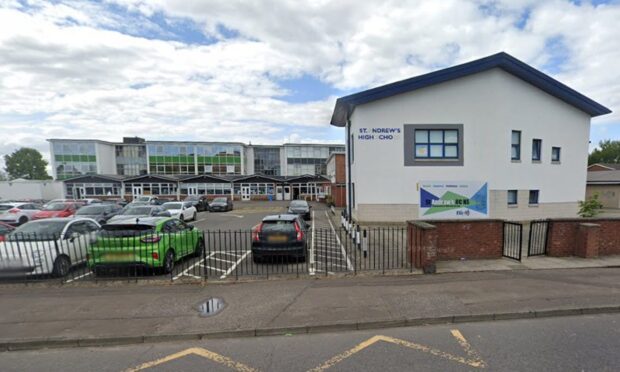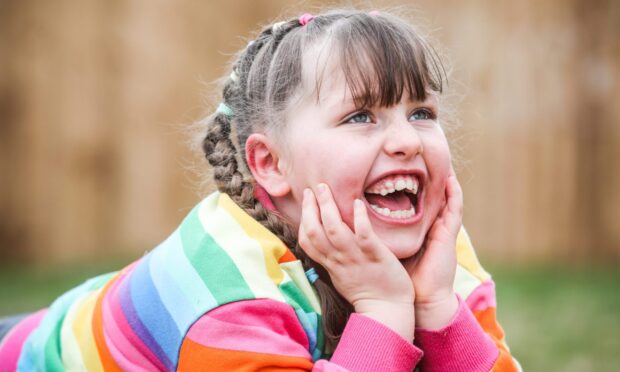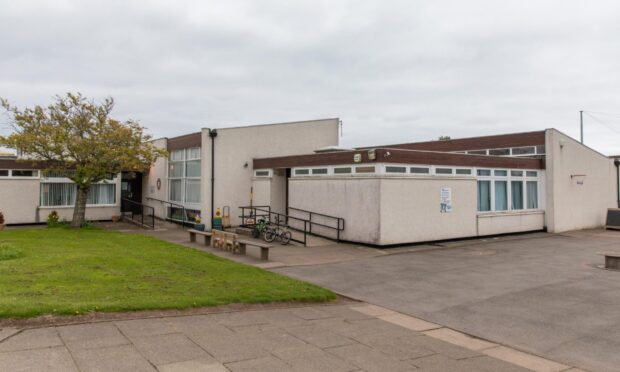Almost five months since schools closed, returning to class will be a daunting prospect for many children and young people.
The impact of life in lockdown on youngsters emotionally is yet to be fully established and while many will settle back into school routine with ease, for others the sound of the school bell will ring alarm.
We spoke to an educational psychologist about work going on across the country to support pupils and how parents can prepare their children for the start of the new term.
Vivienne Sutherland, principal psychologist at Fife Council, said her team and school staff were preparing to support children who had both negative and positive experiences of lockdown – the latter reluctant to give up unprecedented family time.
She said: “The vast majority of children and families are resilient and will deal with this and return to school with relatively little difficulty.
The vast majority of children and families are resilient and will deal with this and return to school with relatively little difficulty.”
Vivienne Sutherland, principal psychologist
“Schools are very prepared with lot of material and resources to be able to focus on supporting the wellbeing of those children struggling with the process of returning to school.”
Schools, she said, know their families well and the children likely to need additional support.
But she added: “There will be a population of children who didn’t have difficulties in school before, who they weren’t necessarily anticipating having a difficulty coming back but for whatever reason they do.”
Vivienne said: “There will be some children who have had a more difficult time in lockdown because of their family circumstances or specific things that may have happened.
“Their family may have been directly affected by bereavement through the coronavirus pandemic, they may be a family who already faced challenges.
For some of those children they may be very unsettled and it’s hard to know whether for them going back to school will be a positive experience.”
“We know for families who are already challenged through poverty or difficult circumstances, who don’t have the same access to outside space as others, who perhaps have many children in the house they have been trying to support with schoolwork and keep busy in activities this could have been quite a stressful experience.
“For some of those children they may be very unsettled and it’s hard to know whether for them going back to school will be a positive experience.”
Many children, she said, were simply looking forward to seeing their friends and teachers again and playing.
She said: “These will be really positive experiences for children and the vast majority of children will return to school with the minimal type of support they might need after a typical summer holiday.
The family being at home and spending more time together has been a really positive time for them and in way they will be a little bereft that that time has passed.”
“There will be children who for various reasons might find it more difficult and that could be because actually the learning at home, the family being at home and spending more time together has been a really positive time for them and in way they will be a little bereft that that time has passed.”
How will school be?
While some children will need extra support, Vivienne said many won’t want to dwell on what has happened and talk about wellbeing.
She said: “It’s important for schools to strike that very good balance between welcoming children back and making them feel safe, making them reassured that this will work and this transition will soon feel like normal but quite quickly get back to a structure in the school day.
“Not by necessarily going straight to 100% learning tasks but by making sure there’s enough structure and clarity and learning tasks in a day for children to feel safe and feel ‘this is the school I remember, this is the normality and normality feels good’.”
How can parents help?
Vivienne said: “Children are very much influenced by how their parents are. If their parents appear confident, calm, reassured and practical about them returning to school then largely children will be as well.”
But she also recommended talking to children about coronavirus, stressing this is a really unusual time, encouraging them to ask questions and helping them find simple solutions to overcome their worries.
If their parents appear confident, calm, reassured and practical about them returning to school then largely children will be as well.”
She said: “One of the keys to all this is really good communication and that’s how you promote children’s resilience; helping children to ask about the things they want to know and giving them straight forward answers.
“It’s ok to say you don’t know if you don’t know, but also to let children know it’s ok to have questions and expressing your worries and saying them out loud doesn’t make them worse it makes them better.”
Fife Council’s psychological service has various resources on its website. The Our Minds Matter campaign has also given weekly advice on the council’s and Fife Families Facebook pages and on the Wellbeing in Fife Twitter feed. Other resources include HandsOn and Moodcafe.










